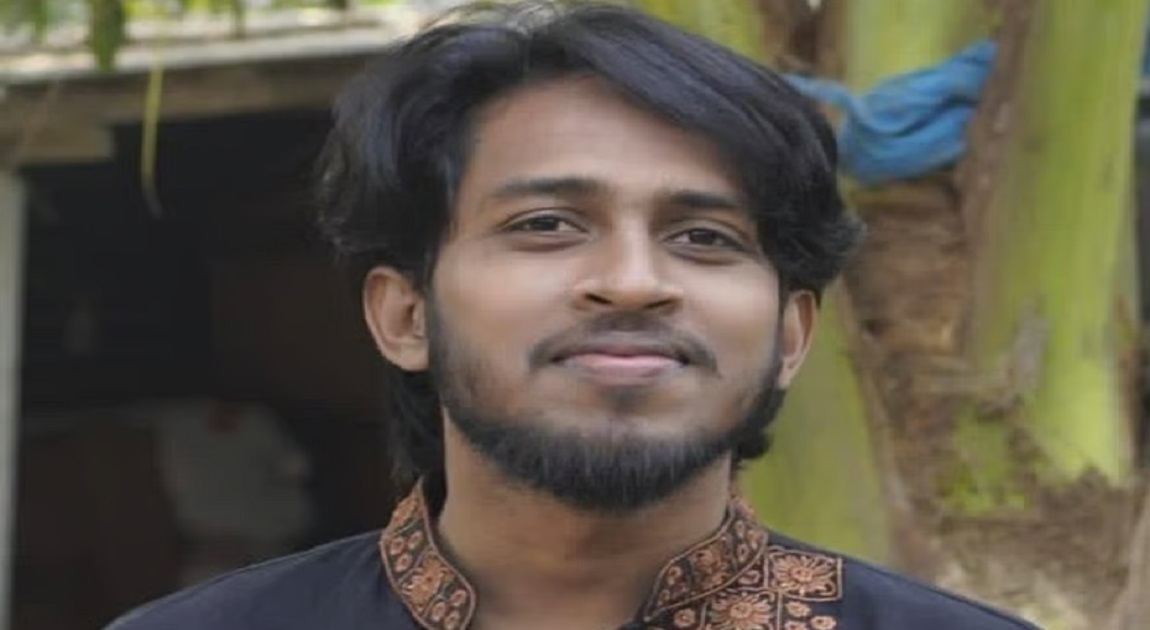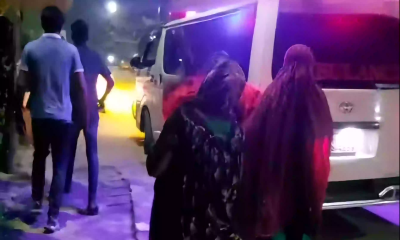A former student coordinator at Rajshahi University (RU) has drawn criticism after seeking financial donations from various institutions to organize an upcoming cultural event titled ‘36 July: Festival of Liberation’.
The event, commemorating the anniversary of last year’s student-led anti-discrimination movement at the university, is scheduled for 5 August 2025.
Organizers aim to raise BDT 60 to 65 lakh to fund the two-day event, according to the lead organizer, Salahuddin Ammar, a student of Islamic Studies from the 2021–22 academic session.
The controversy began when a letter requesting financial support—accompanied by a recommendation from RU Vice-Chancellor Professor Saleh Hassan Naqib—was widely shared on social media.
One such letter was addressed to the Rajshahi City Corporation, sparking criticism and accusations of “extortion” in online discussions.
Social media users claimed that letters were sent to over 70 institutions in an attempt to raise BDT 76 lakh.
Ammar, however, clarified that so far, letters have been sent to 21 organizations and that the target amount is slightly lower than reported.
Speaking to media, Ammar defended the move: “We approached the university administration first.
While they expressed an inability to provide financial support, they agreed to assist in other ways.
Based on that understanding, and with the Vice-Chancellor’s recommendation, we approached banks, private firms, and the City Corporation.”
Asked about the recommendation, VC Professor Naqib declined to comment directly but addressed the issue in a Facebook post.
“Students from various departments regularly seek support for co-curricular and extracurricular activities. We try to assist wherever possible, except for political events,” he wrote.
He also acknowledged the financial limitations of the university: “There’s hardly any available fund at the university for these activities. Most of them rely on sponsorships, and students often seek my recommendation as part of their application. I have always supported such student-led initiatives.”
However, the VC admitted the recent controversy may affect his willingness to issue recommendations in the future: “The environment has become so toxic that I’ll have to think ten times before helping out again.”
In response to the backlash, Ammar stated: “We’re not the only ones who’ve approached the City Corporation for support. Many departments and programs do the same. If requesting sponsorship for a public event is considered extortion, then all such events should fall under the same criticism.”
As the debate continues online, the incident has reignited discussion around transparency, student activism, and the boundaries of administrative endorsement at public universities.








-20260223062301.jpg)




-20260226080139.webp)





-20260225072312.webp)









-20260219054530.webp)
-20260224075258.webp)




-20260221022827.webp)